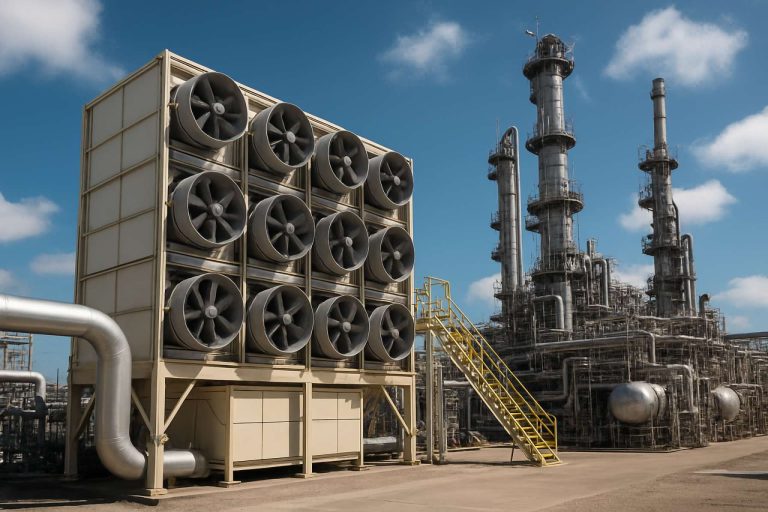
Fashion Week: A Blend of Creativity and Sustainability
As we welcome the new year, the highly anticipated Fashion Week events are set to ignite the global fashion scene. From the renowned catwalks in New York, Paris, Milan, and London to the rising stars in Berlin and Copenhagen, this year’s shows promise a captivating mix of innovation and eco-consciousness.
However, this season, attendees should prepare for a notable change. The schedule is lined up to be less hectic than in previous years, which could lead to significant shifts in the luxury sector. Industry experts anticipate that this deliberate pacing will allow designers to focus more on their craftsmanship and sustainability efforts, fostering a more thoughtful approach to fashion.
The shift towards sustainability in this year’s Fashion Week highlights a growing trend among designers who are increasingly prioritizing environmental impact alongside aesthetics. This evolution reflects a broader awareness within the industry about the importance of sustainable practices, presenting an opportunity for fresh creativity to shine in every collection.
As the Fashion Week season approaches, it’s clear that these events will serve as a critical platform not just for displaying style but also for championing a greener future in fashion. Stay tuned for remarkable showcases and transformations that are set to define the industry in 2024.
Fashion Week 2024: The Future of Sustainable Style Unveiled
Fashion Week in 2024 is poised to be a pivotal moment in the world of fashion, as it embraces both creativity and sustainability like never before. Major cities such as New York, Paris, Milan, London, Berlin, and Copenhagen are stepping up to the plate this season, showcasing designers dedicated to innovative and eco-friendly practices.
Emerging Trends in Sustainable Fashion
1. Renewable Materials: Many designers are shifting towards materials derived from renewable sources. Fabrics made from organic cotton, recycled polyester, and innovative alternatives such as mushroom leather are gaining popularity. These materials not only reduce waste but also minimize the carbon footprint of each collection.
2. Circular Fashion: The concept of circular fashion, where garments are designed with their entire lifecycle in mind, is becoming mainstream. This includes designing clothes that can be easily recycled or upcycled, reducing the amount of textile waste in landfills.
3. Transparency and Traceability: A notable trend this year is the push for transparency in sourcing and manufacturing processes. Brands are now required to provide clear information about where their materials come from and how their garments are produced. This transparency helps consumers make informed purchasing decisions.
Notable Designers Embracing Sustainability
Top designers at Fashion Week are not just focused on aesthetics; they are committed to the planet. Some leading names include:
– Stella McCartney: A pioneer in sustainable fashion, her brand continues to set the bar for environmentally friendly collections.
– Gabriela Hearst: Known for her use of sustainable materials and a commitment to ethical production, her designs represent a blend of luxury and responsibility.
– Erdem: Incorporating sustainable practices in production while maintaining impeccable design, Erdem showcases how elegance can be achieved sustainably.
Pros and Cons of the Sustainable Shift
Pros:
– Environmental Impact: Reduces pollution and diminishes the fashion industry’s carbon footprint.
– Consumer Demand: Growing consumer preference for sustainable products drives innovation and investment.
– Brand Loyalty: Companies dedicated to sustainable practices tend to build stronger relationships with ethically conscious consumers.
Cons:
– Cost: Sustainable materials and practices can be more expensive, potentially increasing the price of garments.
– Accessibility: Often, high-end sustainable fashion is not accessible to all consumers, creating a divide in market segments.
– Greenwashing: Some brands may falsely claim to be sustainable, misleading consumers about their practices.
Upcoming Innovations at Fashion Week
As we look towards Fashion Week, innovations in technology are also at the forefront. Designers are incorporating digital fashion shows, augmented reality experiences, and blockchain technology for product traceability. This enhances the consumer experience while further reinforcing the industry’s commitment to sustainability.
Predictions for the Future of Fashion
According to market analysts, the focus on sustainability in fashion will only continue to grow. By 2025, it’s predicted that a significant portion of the clothing market will pivot toward sustainable practices, fundamentally transforming how fashion is created, marketed, and consumed.
Fashion Week not only serves as a showcase for creativity but also as a powerful catalyst for change, fostering a dialogue about sustainability that resonates across the globe. As we dive into this season, anticipation builds not just for the stunning designs but for a collective movement towards a more sustainable future in fashion.
For more insights on trends and innovations in the fashion industry, visit Vogue.



